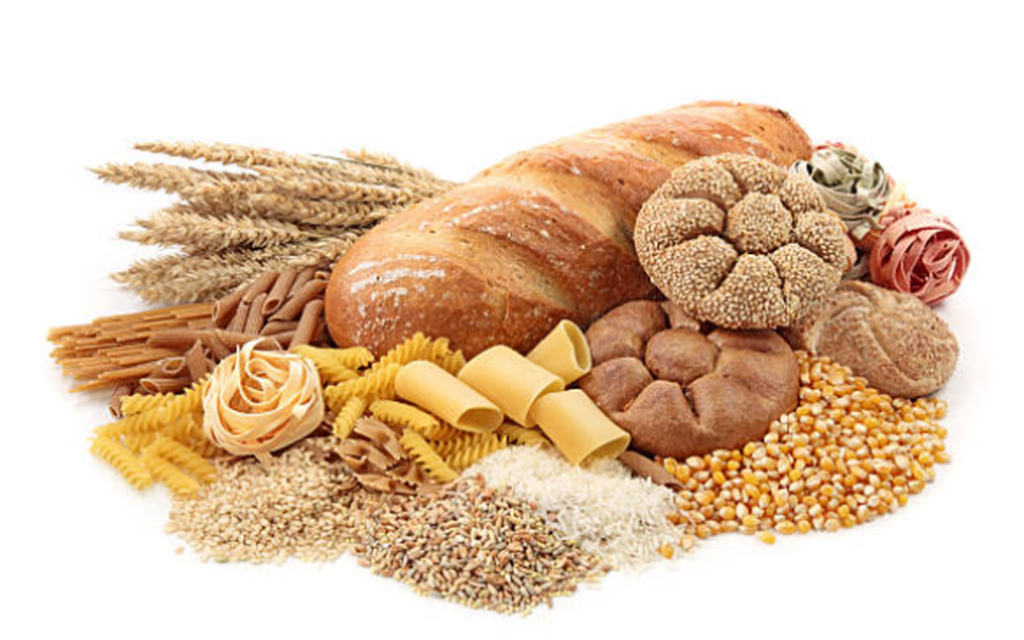Introduction:
Carbohydrates are an essential nutrient that our bodies use as a primary source of energy. However, some people may experience difficulty digesting and processing carbohydrates, leading to a condition called carbohydrate intolerance. In this article, we will discuss the causes, symptoms, and management of carbohydrate intolerance.
What causes carbohydrate intolerance?
Carbohydrate intolerance can be caused by a variety of factors, including genetics, gut microbiome imbalances, and enzyme deficiencies. The most common form of carbohydrate intolerance is lactose intolerance, which affects about 75% of the world’s population. Lactose intolerance is caused by a deficiency in the lactase enzyme, which is responsible for breaking down lactose, the sugar found in milk and dairy products. Other forms of carbohydrate intolerance include fructose intolerance, caused by a deficiency in the fructose enzyme, and sucrose intolerance, caused by a deficiency in the sucrase enzyme.
Common symptoms of carbohydrate intolerance
The symptoms of carbohydrate intolerance may vary depending on the type of carbohydrate that is causing the intolerance. However, the most common symptoms include bloating, gas, abdominal pain, and diarrhea after consuming carbohydrates. These symptoms are caused by the fermentation of undigested carbohydrates in the gut, leading to the production of gas and bloating.
Carbohydrate intolerance and type 2 diabetes
Carbohydrate intolerance is closely linked to type 2 diabetes. Type 2 diabetes is a condition in which the body is unable to use insulin effectively, leading to high blood sugar levels. Carbohydrate intolerance can lead to insulin resistance, which is a key factor in the development of type 2 diabetes. Therefore, individuals with carbohydrate intolerance may be at a higher risk of developing type 2 diabetes.
How to deal with carbohydrate intolerance
The treatment for carbohydrate intolerance typically involves avoiding or limiting the intake of the problematic carbohydrate. For example, individuals with lactose intolerance may need to avoid dairy products or take lactase supplements to aid in digestion. Similarly, individuals with fructose intolerance may need to avoid foods high in fructose, such as fruits and fruit juices.
In addition to dietary changes, individuals with carbohydrate intolerance may benefit from probiotic supplements to improve gut health. Regular exercise and maintaining a healthy weight can also improve insulin sensitivity and reduce the risk of developing type 2 diabetes.
Conclusion:
Carbohydrate intolerance is a condition in which the body has difficulty digesting and processing carbohydrates. It is caused by a variety of factors, including genetics, gut microbiome imbalances, and enzyme deficiencies. The most common symptoms include bloating, gas, abdominal pain, and diarrhea after consuming carbohydrates. Individuals with carbohydrate intolerance may be at a higher risk of developing type 2 diabetes. Treatment typically involves avoiding or limiting the intake of the problematic carbohydrate, along with probiotic supplements and lifestyle changes. If you suspect you have carbohydrate intolerance, it’s important to speak with your healthcare provider to receive an accurate diagnosis and appropriate treatment plan.
